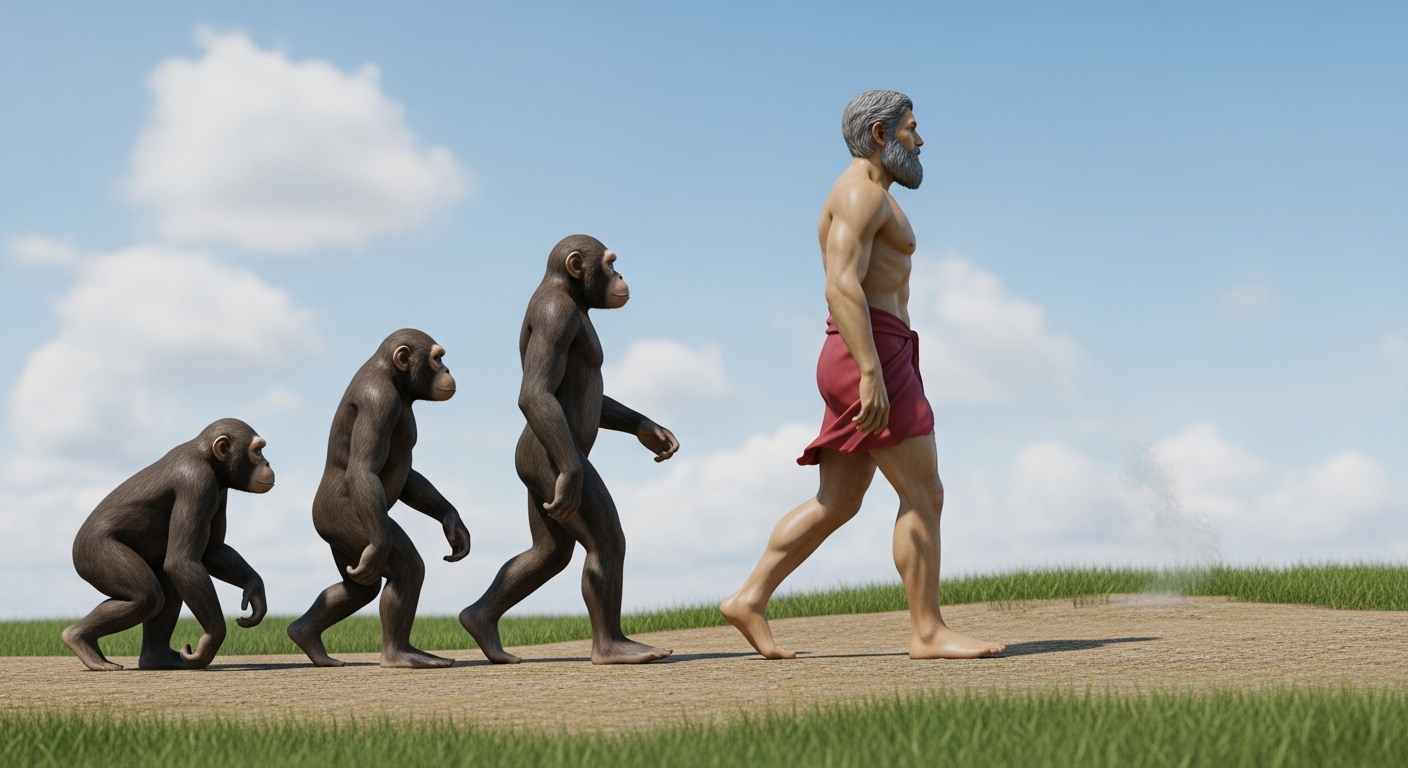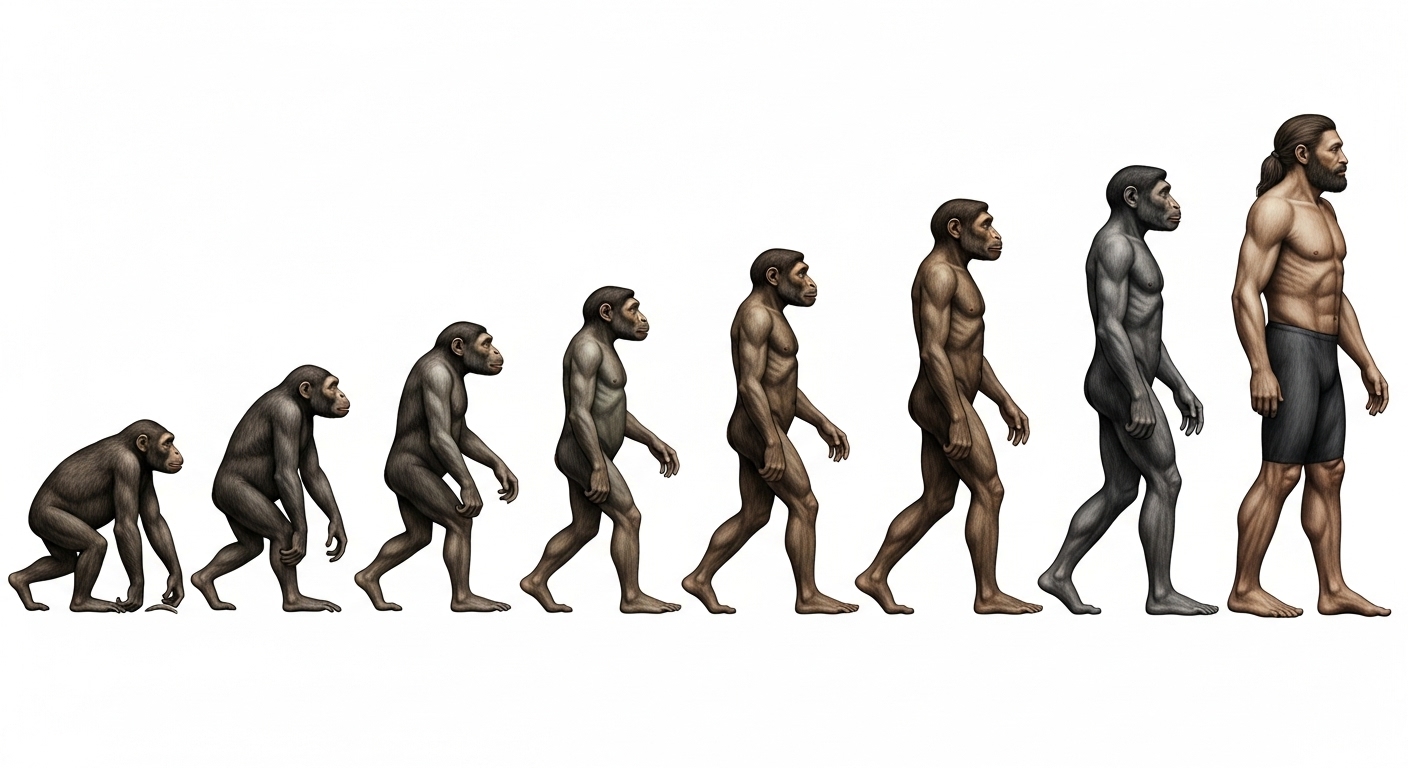Melatonin: The Ancient Molecule That Connects All Life on Earth
Why Do All Living Things From Bacteria to Humans Make Melatonin?
Melatonin is one of the most ancient molecules on Earth, evolving billions of years ago in primitive bacteria as a powerful antioxidant to protect against the toxic effects of oxygen. This universal molecule has been preserved throughout evolution because it serves fundamental protective functions - from neutralizing free radicals in bacterial cells to regulating sleep cycles in modern humans, making it a molecular link that connects all life on our planet.




